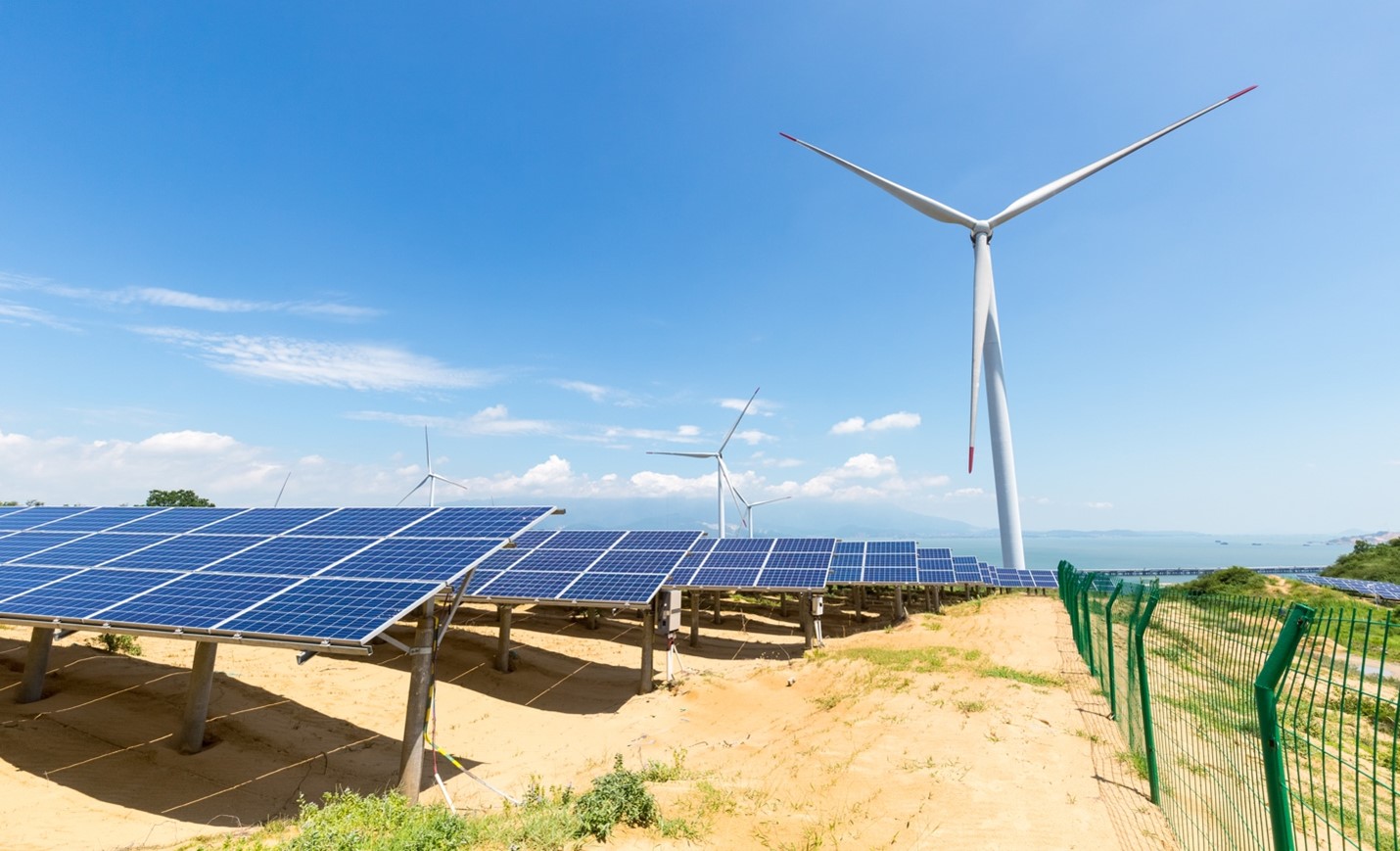The GCC countries want to change how they produce and use energy. They want to use more clean energy, reduce dependence on oil and gas, and build stronger and more modern power systems. Europe has already done a lot of this work and has many useful lessons.
Set Clear Targets, Build Trust
Europe made substantial progress by setting clear and strong targets for renewable energy. These targets were not just ideas but actual legal requirements. They gave investors and companies confidence that there would be demand for renewable energy for many years.
For example, the EU set binding targets for each country to increase its share of renewable energy. This forced governments to act and report progress clearly.
GCC countries also have big targets. For example, Saudi Arabia plans to have 50 percent of its power from renewables by 2030. But it is important that these targets are clear, enforceable, and supported by laws and strong monitoring. This will help attract more private investment into renewable energy, grid upgrades, and innovative technologies.
Prioritize R&D and Innovation
Europe did not just import renewable technology. It invested a lot in its own research and development. Countries like Denmark improved wind turbine technology, while Spain ran early projects on integrating solar energy into the grid.
This focus on innovation allowed Europe to manage challenges like balancing renewable energy on the grid and storing energy for later use.
For the GCC, this means investing in local research programs, working with universities, and forming partnerships with international companies. Building local expertise in areas like grid management, hydrogen production, and battery storage will reduce costs over time and create local jobs.
Modernize the Grid
One of the biggest lessons from Europe is that you cannot increase renewables without improving the grid. In Germany, there were big challenges moving wind power from the north to the south. This required major upgrades to the transmission network.
Southern European countries like Italy and Spain invested in smart grid technology. This helped them better manage demand and integrate more solar energy into the system.
The GCC has its own challenges. High demand during summer, driven by air conditioning, and extreme heat put pressure on the grid. To handle this, the GCC needs to modernize its grid by investing in:
- Advanced meters that can track and manage electricity use in real time
- Battery storage to save extra energy for later
- Digital systems to control and balance supply and demand
- Stronger transmission lines to move power where it is needed
This will make it easier to add renewable energy without losing reliability.
Promote Regional Integration
Europe created a single electricity market where countries trade power with each other. One of the best examples is the Nordic Power Market. Norway, Sweden, Finland, and Denmark built strong grid connections and created a shared market with clear rules and transparent prices.
This cooperation reduced costs, improved reliability, and allowed these countries to use more renewable energy.
The GCC already has physical grid connections through the GCC Interconnection Authority. But cross-border trading is still limited, and each country has its own rules and pricing systems.
The GCC can learn from Europe by:
- Creating shared rules for electricity trading
- Allowing cross-border trading of electricity
- Planning grid expansions together
This will improve reliability, reduce costs, and make it easier to use substantial amounts of renewable energy.
Put Consumers at the Center
Europe did not just focus on technology. It also worked to make the transition fair and involve consumers. The EU’s Clean Energy Package included rules to help consumers produce their own energy, store it, and even sell it back to the grid.
It also supported regions affected by changes, such as areas with coal plants that needed to close.
For the GCC, changing electricity prices is sensitive because prices are often heavily subsidized. Any changes will need careful planning and clear communication. It will also be important to:
- Educate the public about why change is needed
- Offer support to low-income consumers
- Make sure everyone can access innovative technology
If people understand the reasons and see the benefits, they will be more willing to support these changes.
Build Local Industry
Europe did not just install solar panels and wind turbines. It also built industries around them. Policies supported local manufacturing of components and created jobs.
For the GCC, energy transition is also a chance to diversify the economy. This can include:
- Making smart meters, transformers, and grid equipment locally
- Building and servicing wind and solar components
- Developing hydrogen production facilities
This will reduce dependence on imports, create skilled jobs, and strengthen local economies.
Adapt the Lessons to Local Needs
Europe’s experience is full of useful ideas but cannot be copied exactly. Each GCC country has its own energy resources, economy, and social expectations.
But the key lessons are clear:
- Set strong, clear targets supported by law
- Invest in research and local skills
- Modernize the grid for renewables
- Build regional cooperation
- Put consumers at the center of policy
- Support local industry and jobs
By adapting these ideas to local conditions, the GCC can move faster toward its goals. It can build a power system that is clean, reliable, and supports long-term economic growth.
Conclusion
Europe’s transition shows that momentous changes are possible with the right mix of planning, investment, and cooperation. The GCC has the chance to use these lessons to create its own success story. The time to act is now.

